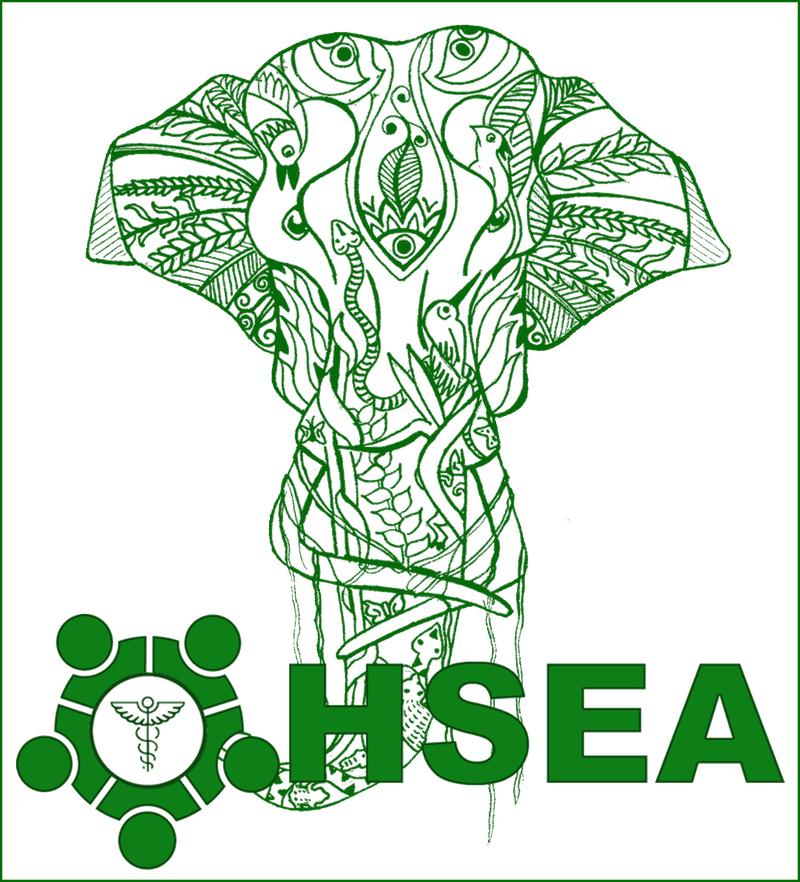Mekong Transboundary Monitoring the Linkage among Cultivation Practices of Irrigated Rice and Snakehead Fish, Water Pollution and Fish-borne Zoonotic Pathogens: Implications for Eco-Health and Food-Safety Policy and Planning
INTRODUCTION TO THE PROJECT
Biodiversity, food safety and human well-being in the Lower Mekong Basin are under threat from a variety of sources associated with rapid population growth, industrialization, intensive development of agriculture and aquaculture production. Hydrologic exchange of water between border districts of Cambodia and Vietnam implies a transport threat of pollutants including pesticide and herbicide residues and infectious pathogens by both sides’ pollution burdens. A very limited data of fish-borne zoonotic diseases and published materials in identifying sources of origin exist in the regions.
This research project focuses on the potential correlation between the accumulations of toxic, persistent, biologically- active, antibiotic-resistant species and the local polluting practices of rice and fish productions in the regions. Specifically, the project monitors indicators of water pollution and bacterial community on the intensively pond-cultured snakehead fish (Channa striata) species from fingerlings to commercial size in correlation with real-time surveillance of utilization of chemicals, antibiotics and pathogen-contaminated feeding sources during C. striata and rice cultivation activities in the regions. The project also discusses the implications of transboundary issues in the context of environmental policy making on both sides.
PROJECT IN ACTION
Targeted area : Low Mekong Delta, a region full of extensive utilization of chemicals, antibiotics and pathogen- contaminated feeding sources
Targeted species : Snakehead fish (Channa striata), which is an important species and cultured intensively in the Lower Mekong Basin
Task 1 : Monitoring the below indicators and their correlation
– Cacteria community in Channa striata : Samplings of pond water and Channa striata will be performed following the fish growth during dry-season and wet-season crops
– Chemical discharge : Uses of pesticides, herbicides, fungicides, and fertilizers on the regional rice fields during the winter-spring (wet) and summer-fall (dry) crops via combination of on-site interviews and field-diary data of farmers registered at the local distribution agents.
– Water quality in irrigated rice farmings and in the fish ponds : Control of water pollution level will be determined using parameters including temperature, pH, total suspended solids (TSS), electrical conductivity (EC), dissolved oxygen (DO) (field work) and hardness, chemical oxygen demand (COD), heavy metal, total N, total P, polycyclic aromatic hydrocarbons (PAHs) and legacy organochlorine pesticides (lab work)
Task 2: Build better awareness of the potential linkage among cultivation practices of irrigated rice and snakehead fish (Channa striata), water pollution and fish-borne zoonotic pathogens in Cambodia and Vietnam, specifically in its transboundary hotspots, i.e. Leuk Daek District, Kandal Province of Cambodia and Phu Tan District, An Giang Province of Vietnam.
Click here to learn more
Task 3 : Reflect on prompt policies and planning in preventing future pandemic-prone devastations.
NEXT STEPS
- Among the 17 projects selected for the One Health Approach Fund, managed by IRD, the project “Mekong Transboundary Monitoring the Linkage among Cultivation Practices of Irrigated Rice and Snakehead Fish, Water Pollution and Fish-borne Zoonotic Pathogens: Implications for Eco-Health and Food-Safety Policy and Planning” (VNCA-Mekong) by Ton Duc Thang University (HCMV, Vietnam) was blocked due to administrative difficulties in applying for authorisation from its supervisory institution.
- 25% of the project had been carried out before the project was cancelled
VNCA-Mekong ON THE WEB
XXX
CONTACT
Project Leader : Nguyen Xuan Phuong VO (vonguyenxuanphuong@tdtu.edu.vn)
Associated researchers :
Nguyen Ngoc Tuan (nguyenngoctuan@tdtu.edu.vn)
Chau Thi Da (chauthida@tdtu.edu.vn)
Vo Nguyen Xuan Que (vnxque@hcmut.edu.vn)
Samnang Nguon (sam@rua.edu.kh)
Peng Bun Ngor (pengbun.ngor@gmail.com)
Countries involved : Vietnam and Cambodia
